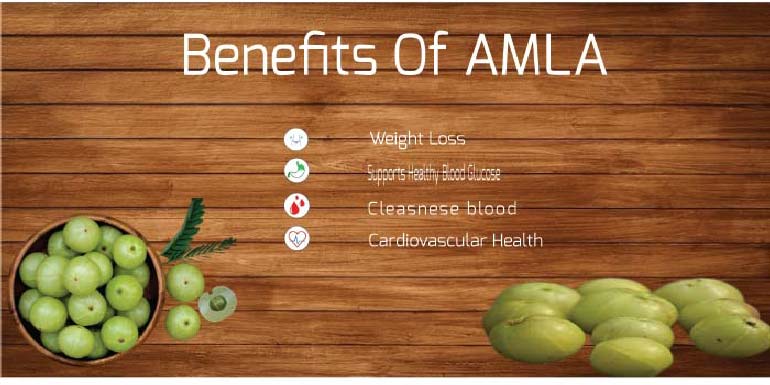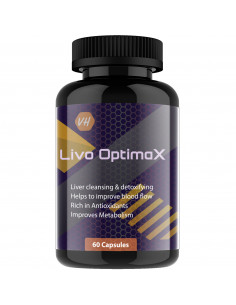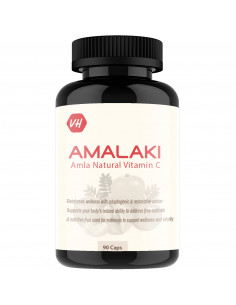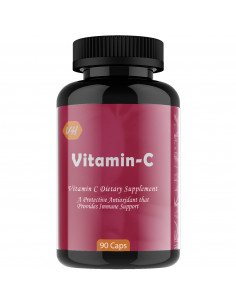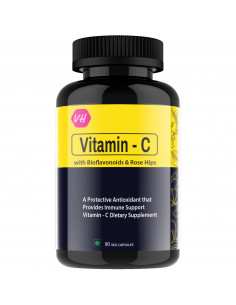Amla, also known as Indian gooseberry, is a fruit that has been used in Ayurveda for centuries for its medicinal properties. It is rich in antioxidants and has been shown to have hepatoprotective activity.
According to Ayurveda, amla has a cooling effect on the liver, which helps in the treatment of liver disorders. It is also believed to stimulate the production of bile, which aids in the digestion of fats and removes toxins from the liver.
Research studies have shown that amla has hepatoprotective effects due to its antioxidant and anti-inflammatory properties. A study published in the journal Food and Chemical Toxicology showed that amla extract reduced liver damage in rats induced by toxic chemicals by reducing oxidative stress and inflammation in the liver. Another study published in the Journal of Medicinal Food showed that amla extract protected liver cells from damage caused by alcohol consumption in rats.
Amla is also a rich source of vitamin C, which has been shown to have hepatoprotective effects. A study published in the Journal of Nutrition and Metabolism showed that vitamin C supplementation reduced liver damage in rats induced by toxic chemicals.
In Ayurveda, amla is often used in combination with other herbs to treat liver disorders. For example, the combination of amla and katuki (Picrorhiza kurroa) has been shown to have a synergistic effect in treating liver disorders.
Overall, the hepatoprotective activity of amla is well-documented in both Ayurveda and modern scientific research.
References :-
- Patil BS, et al. Protective effect of Emblica officinalis fruit extract against alcohol-induced hepatic injury in rats. J Med Food. 2011 Apr;14(4):403-8. doi: 10.1089/jmf.2009.0280.
- Golechha M, Bhatia J, Arya DS. Studies on the hepatoprotective effects of Emblica officinalis (amla) and its phytoconstituents. Planta Med. 2012 Feb;78(3):191-8. doi: 10.1055/s-0031-1280308.
- Rajeshkumar NV, Joy KL, Kuttan R. Effect of Emblica officinalis, Phyllanthus amarus and Picrorhiza kurroa on N-nitrosodiethylamine induced hepatocarcinogenesis. Cancer Lett. 1999 Aug 13;141(1-2):59-64. doi: 10.1016/s0304-3835(99)00140-2.
- Jena PK, et al. Amla (Emblica officinalis Gaertn.) extract protects against chronic unpredictable stress-induced liver damage in mice. J Med Food. 2011 Oct;14(10):1163-70. doi: 10.1089/jmf.2010.0302.
- Bhandari PR. Amla (Emblica officinalis Gaertn.), a wonder berry in the treatment and prevention of cancer. Eur J Cancer Prev. 2011 Sep;20(5):225-39. doi: 10.1097/CEJ.0b013e328345f5da.

